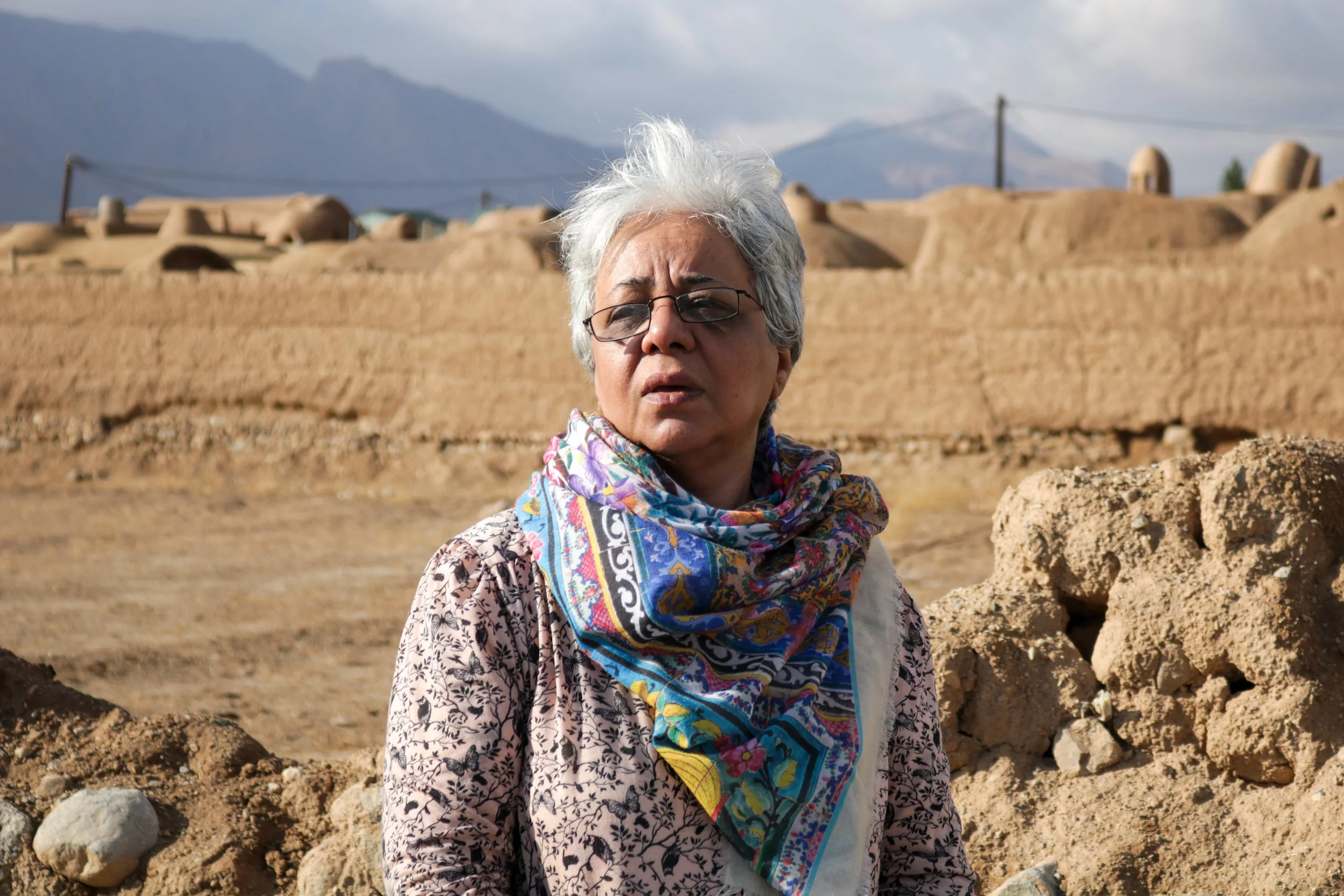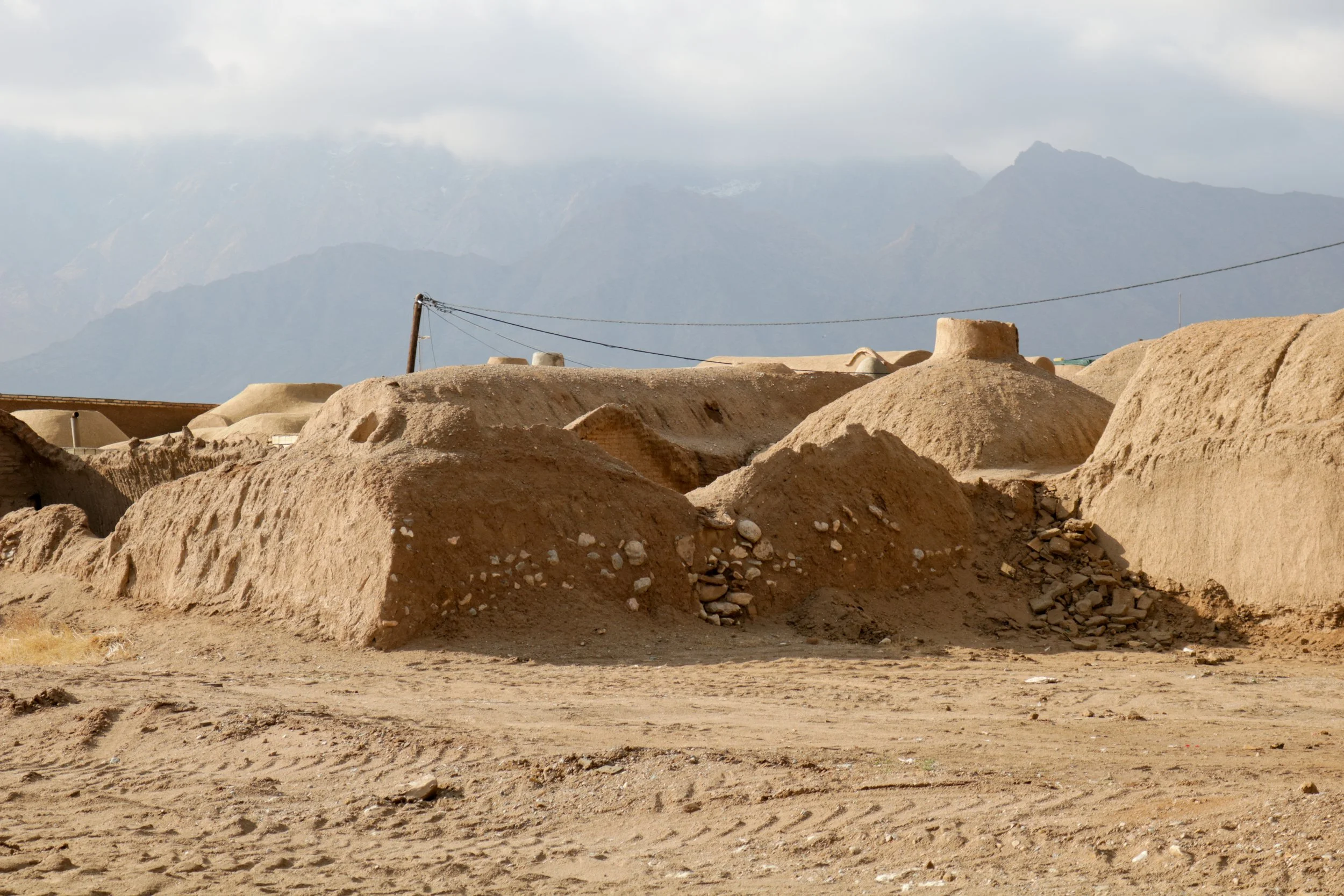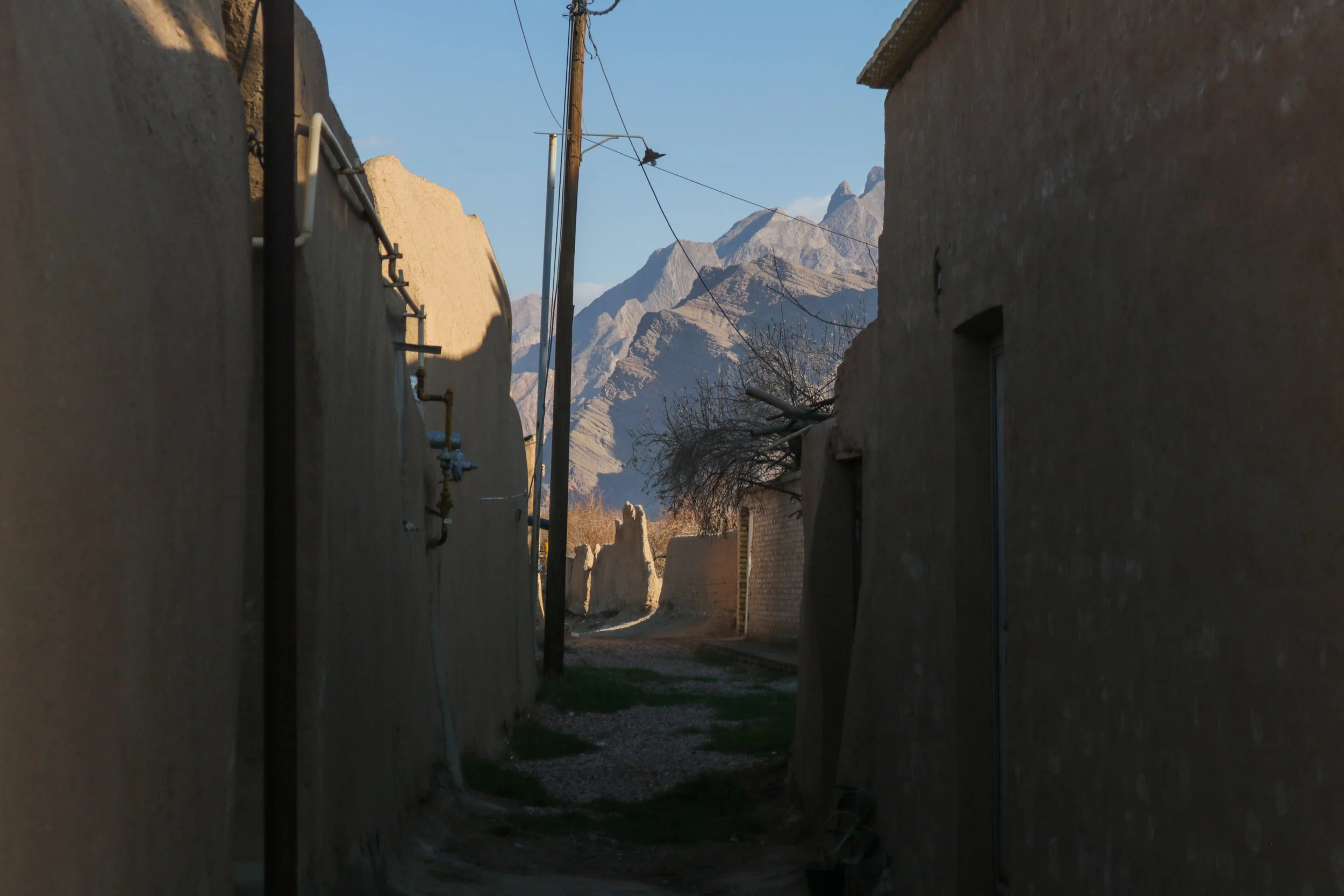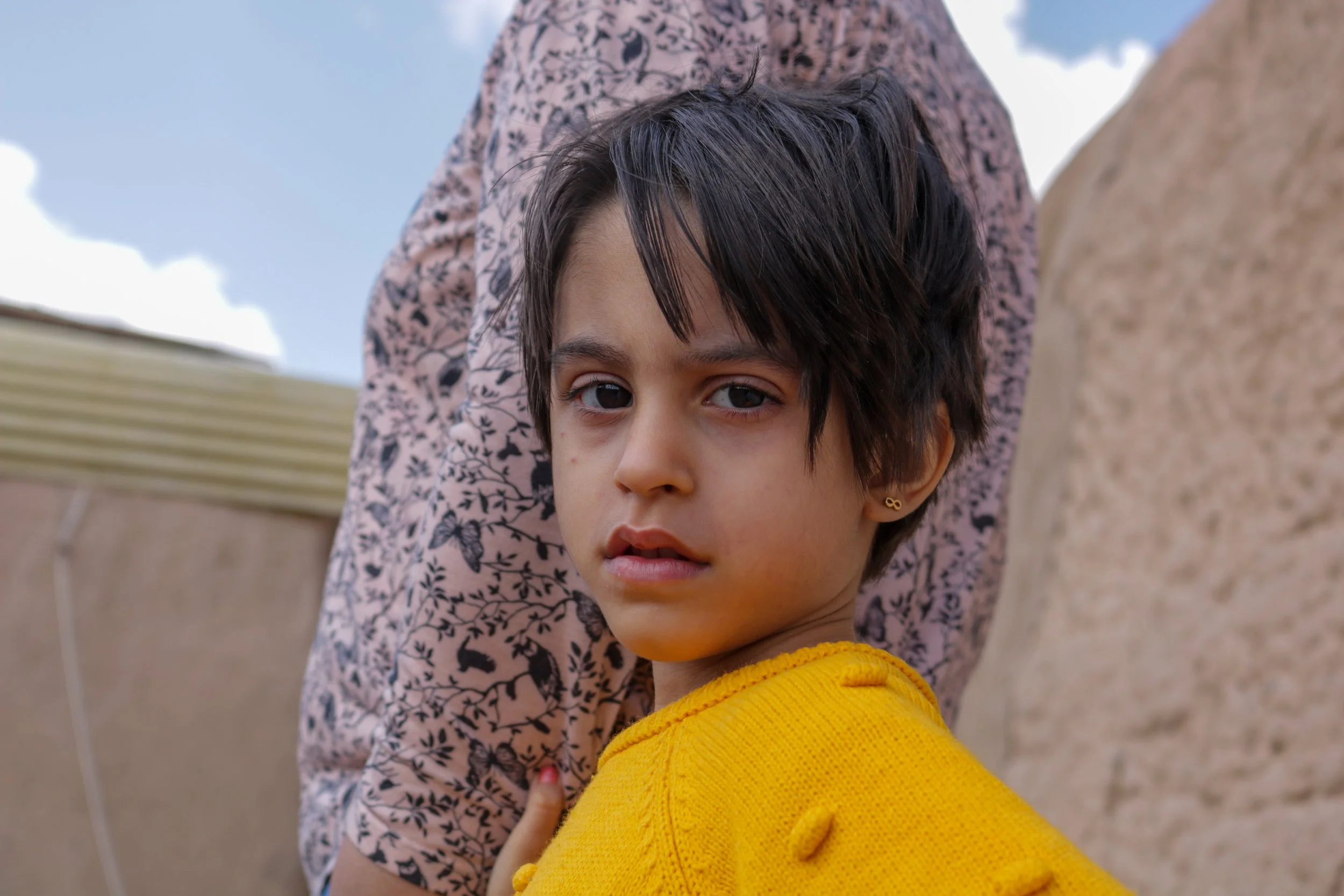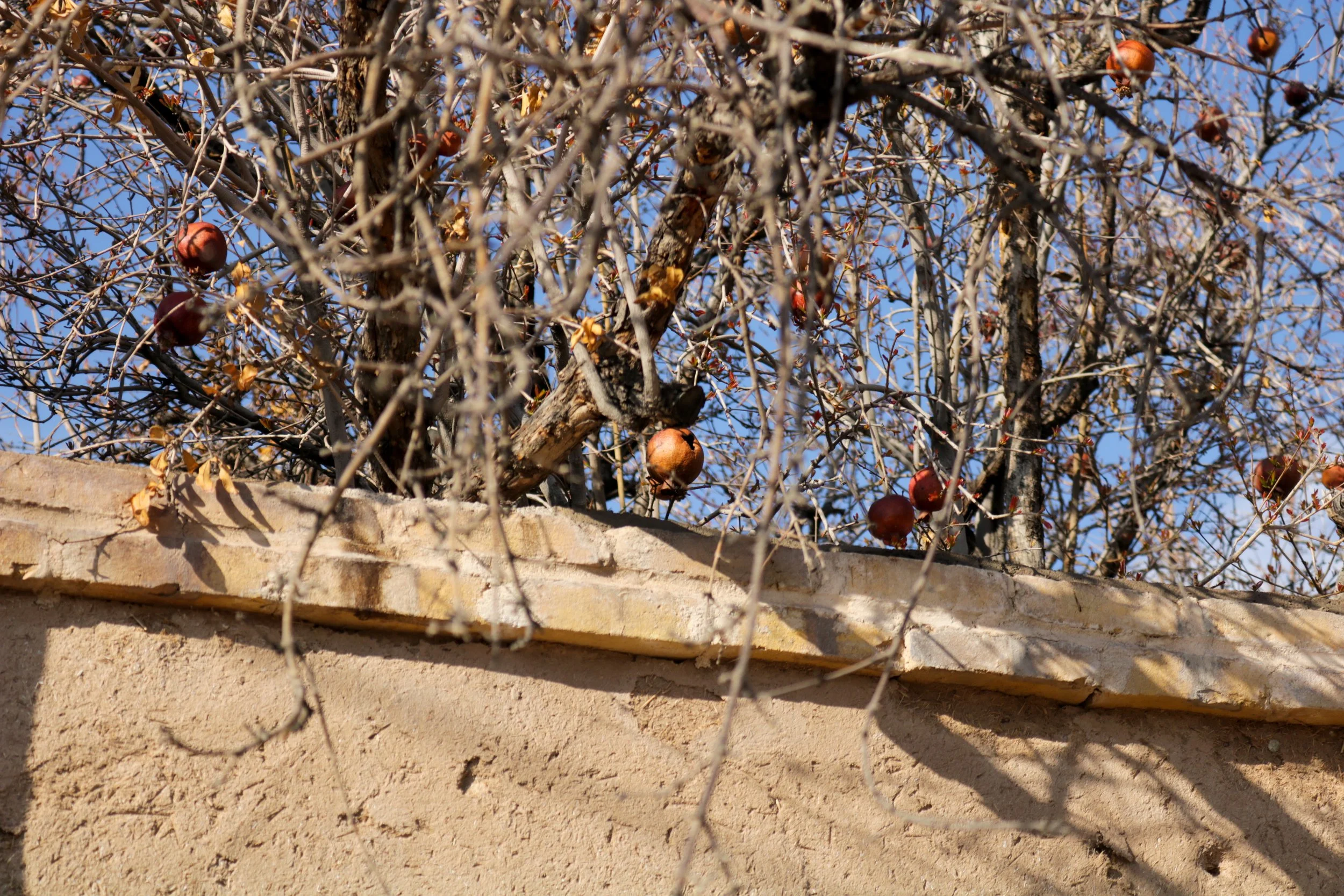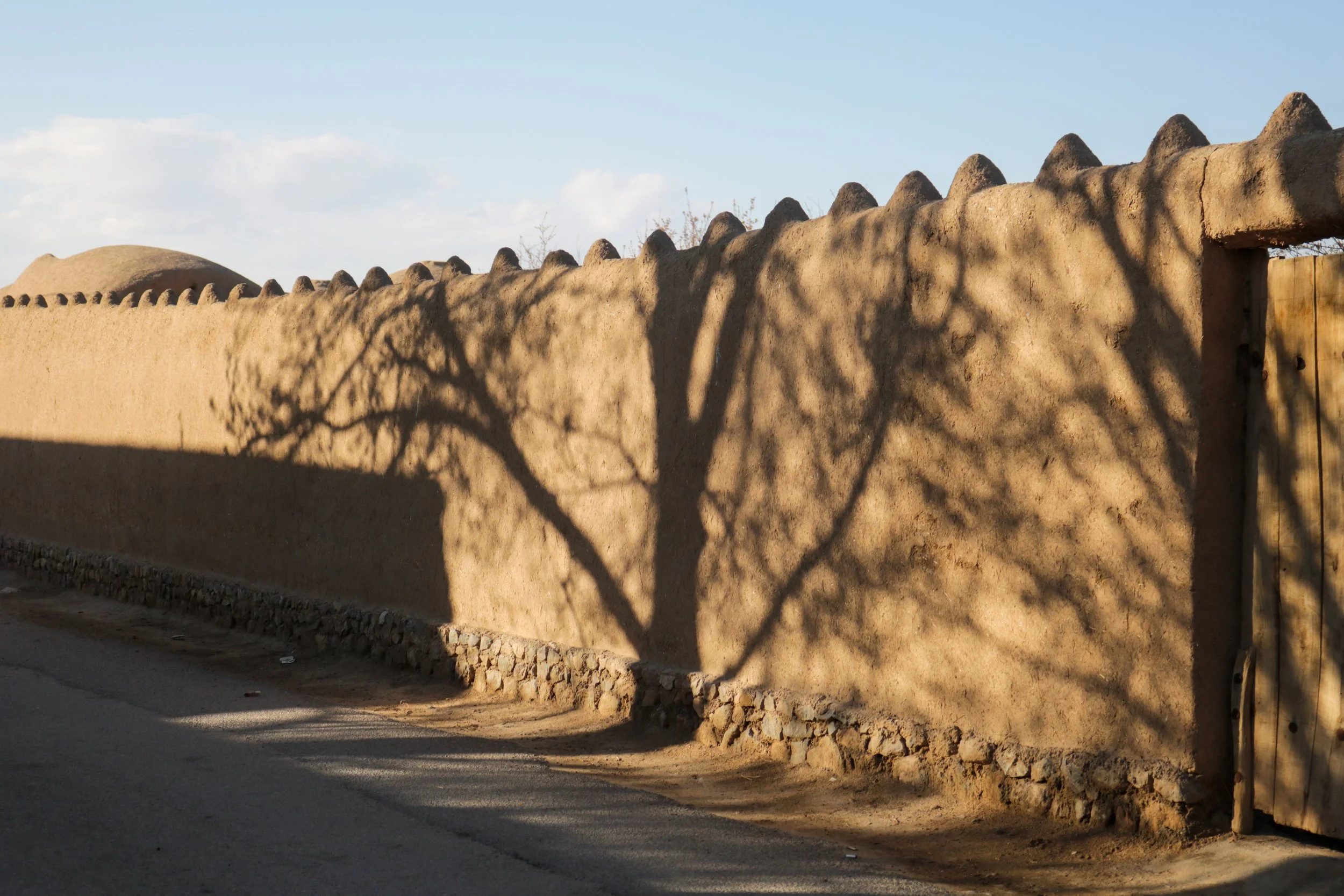Mobarakeh
In the depths of this land, what forgotten memories lie hidden? What tales has it borne witness to? The endless cycles of departure and return, of creation and ruin—it has seen them all. And still, through the endless march of time, it endures, breathing life into the silence, allowing life to flow.
This project is a documentary photography exploration of a village named Mobarakeh. Mobarakeh is a village in Pishkuh Rural District, located in the Central District of Taft County, Yazd Province, Iran. It is renowned for its Zoroastrian heritage, traditional architecture, and stunning natural surroundings. While there is no exact recorded date for its founding, the village is believed to be several centuries old, with roots that likely extend back to the pre-Islamic era (before the 7th century AD).
As one of the historic Zoroastrian settlements in Yazd Province, Mobarakeh has preserved many aspects of its ancient culture, including religious ceremonies, traditional clothing, and community gatherings. Closely linked with Cham village, it forms a unique rural complex that reflects both Iranian and Zoroastrian lifestyles. Together, Mobarakeh and Cham stand as significant cultural and historical sites, attracting visitors eager to explore local customs, agriculture, traditional cuisine, and handicrafts.
The village is characterized by traditional mud-brick houses with windcatchers (badgirs), an ingenious architectural feature designed to keep homes cool in the hot desert climate. Nestled at the foot of the majestic Shirkuh mountains, Mobarakeh offers breathtaking landscapes, making it a perfect destination for nature lovers and hikers. The harmonious blend of mountains, valleys, and lush orchards creates a picturesque setting unique to this region of Iran.
Yazd is known for its arid desert climate, yet villages like Mobarakeh have access to water, allowing them to grow lush orchards and produce high-quality pomegranates, almonds, and other crops. This is largely due to an ancient Persian irrigation system called the qanat.

